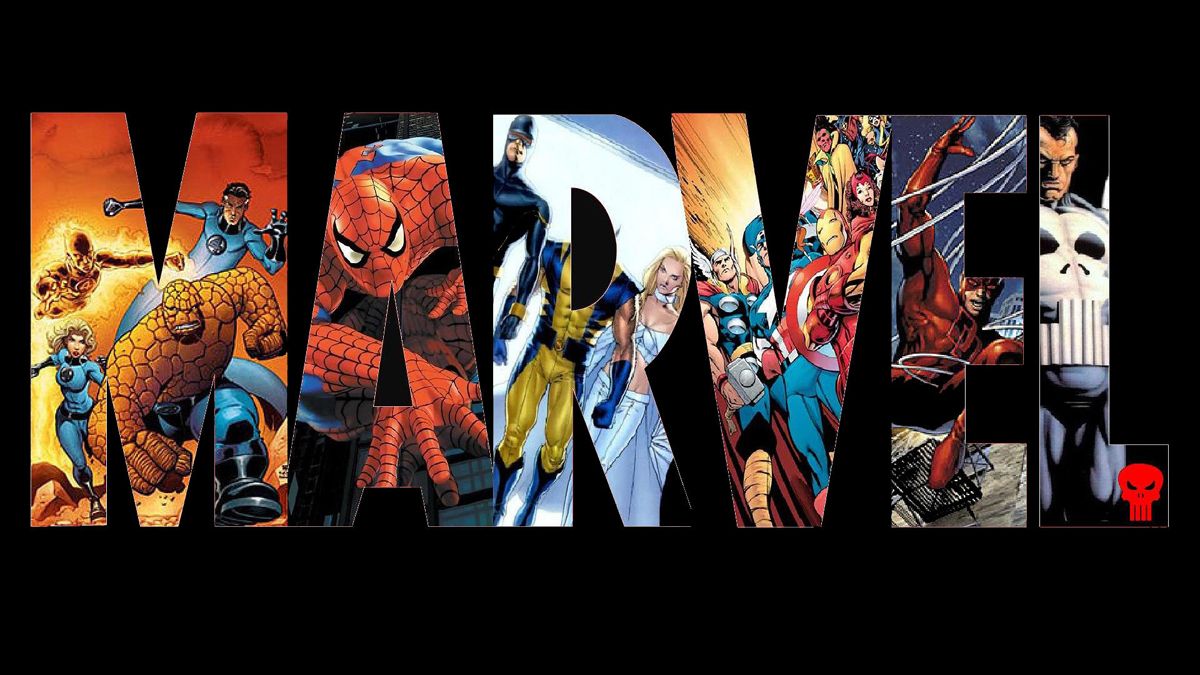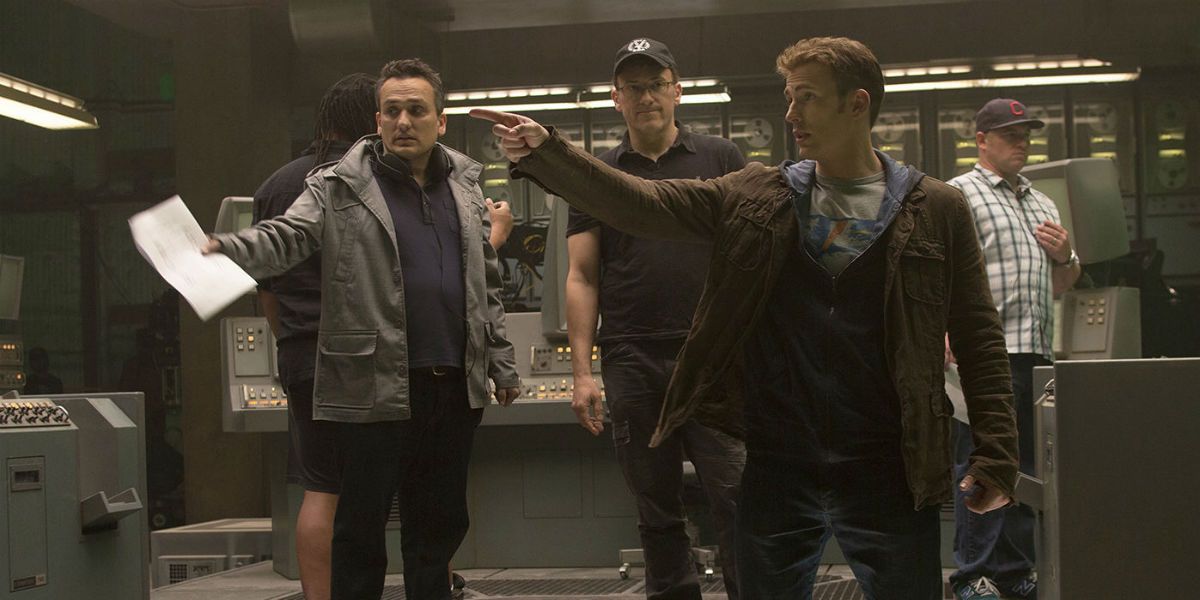2015 was quite the year for Marvel Studios. The second phase of the Marvel Cinematic Universe wrapped up with the little comic movie that could (Ant-Man) and the massive collaborative juggernaut that couldn't be stopped (Avengers: Age of Ultron). The studio also underwent some major production changes at Disney's behest.
Last September, Disney reshuffled its studio hierarchy, handing executive producer Kevin Feige direct control over the film franchises and shifting Marvel CEO Isaac “Ike” Perlmutter’s primary focus to overseeing the TV and comic book realms. Now that Disney also effectively declawed Marvel’s Creative Committee, how will these structural changes affect the studio’s creative direction?
In a recent discussion with ifeng (via CBM), Captain America: Civil War directors Anthony and Joe Russo discuss the new order of all things Marvel. Anthony Russo asserts that the dynamic directorial duo “didn’t have a whole lot of interaction” with either Perlmutter or the Creative Committee (which consists of Alan Fine, Joe Quesada, Dan Buckley, and Brian Michael Bendis). Joe Russo stresses:
“To the audience, I don’t know if they’ll see any difference in the quality of the movies. That’s for sure because Kevin Feige is still the brains behind Marvel, and that hasn’t changed.”
In dealing primarily with Feige, the directors have a great deal of respect for his approachability, perspective, and ability to expand the boundaries of the MCU. They also support the changes at Marvel due to the inefficiency of the prior system. Notes Joe Russo:
“I just think, from a political standpoint, the machinations of the studio have become more streamlined. Does that make for a better creative storytelling? Yes, absolutely because it’s easier for my brother and I to sit in a room with Kevin and discuss storytelling, and to come to creative decisions, and move through those decisions much quicker.”
With Kevin Feige in direct line to his Disney supervisors, many of the budgetary frustrations and oversight delays are no longer obstacles. Undeniably one of the main forces behind Marvel Studios' string of successes, Feige is responsible for holding onto Robert Downey Jr. and bringing Spiderman back into the MCU. His vision for Marvel, one which has proven successful time after time, will now be the primary force behind the expanding universe, at least through the end of Phase 3 and the beginning of Phase 4.
As Captain America’s third shield-flinging saga opens the next round of the MCU, only time will tell how effective the streamlined process will be. Despite the limitations of studio red tape and committees, the checks and balances they provide can prove beneficial. After all, we all know the risks of letting one person steer an entire franchise more or less.
NEXT: What the MCU Tells Us About Star Power
Captain America: Civil War will release on May 6, 2016, followed by Doctor Strange – November 4, 2016; Guardians of the Galaxy 2 – May 5, 2017; Spider-Man – July 28, 2017; Thor: Ragnarok – November 3, 2017; Black Panther – February 16, 2018; The Avengers: Infinity War Part 1 – May 4, 2018; Ant-Man and the Wasp – July 6, 2018; Captain Marvel – March 8, 2019; The Avengers: Infinity War Part 2 – May 3, 2019; Inhumans – July 12, 2019; and as-yet untitled Marvel movies on May 1, July 10 and November 6, 2020.
Sources: CBM, Ifeng [via Weeping Angel]


